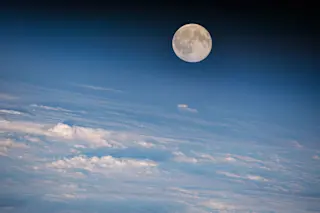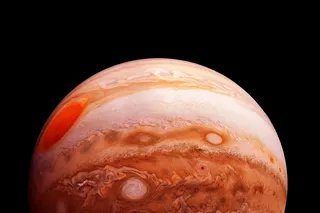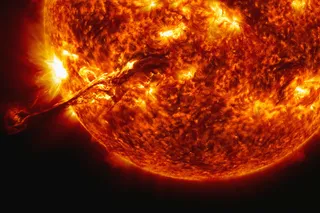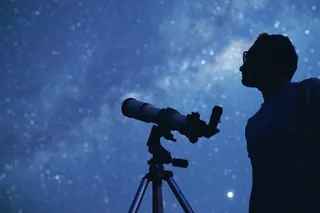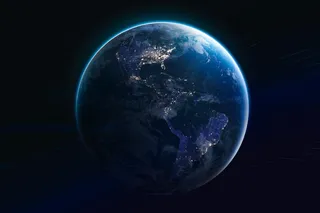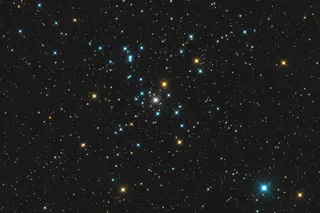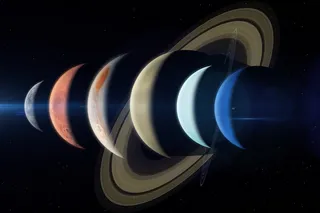The closest object to our planet, the moon, may seem like Earth’s little sibling. Since its birth, the satellite has mostly just hung around, playing gravitational tug-of-war. But what would happen if the moon vanished tomorrow?
“Three billion years ago, when the moon was closer to Earth, a lot of things would have changed pretty dramatically,” says Matthew Siegler, lunar research scientist at the Planetary Science Institute in Dallas, Texas. “Right now, the moon is far enough away that most of the things it does for us are very long term, like stabilizing our orbit over hundreds of thousands of years.”
If we all woke up one morning to find the moon missing, most of us probably wouldn’t notice.
Those who live near the oceans would find the tides reduced, but not completely absent. While the moon does most of the gravitational tugging that creates our tides, the sun also ...


